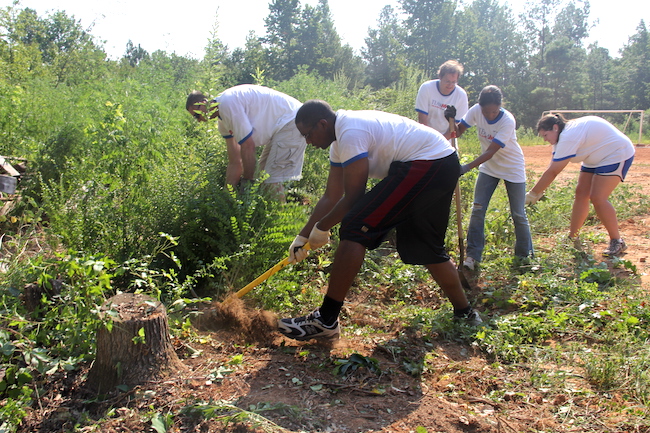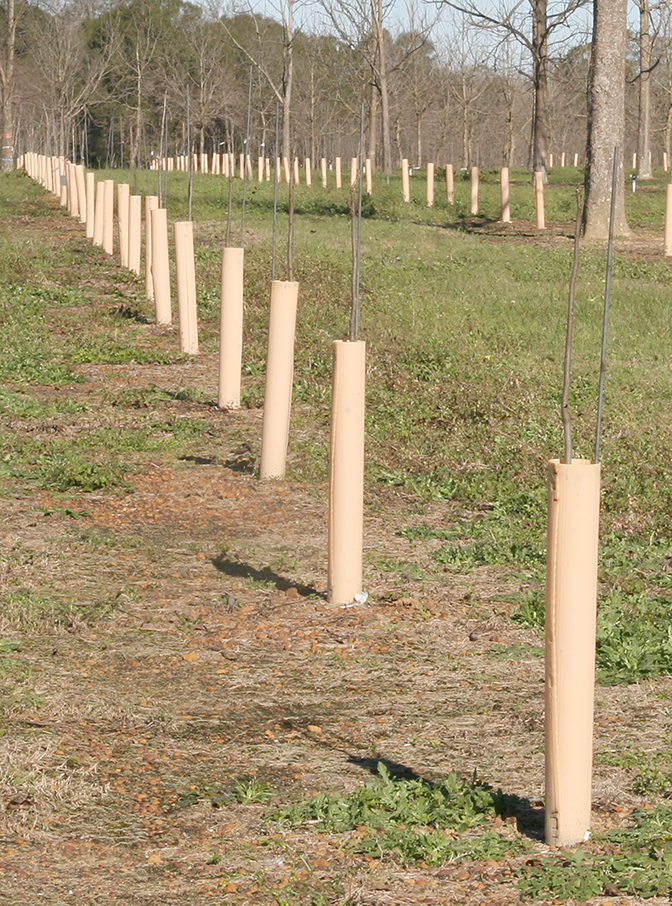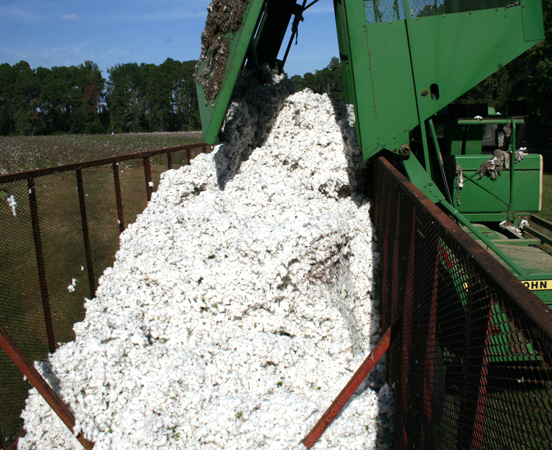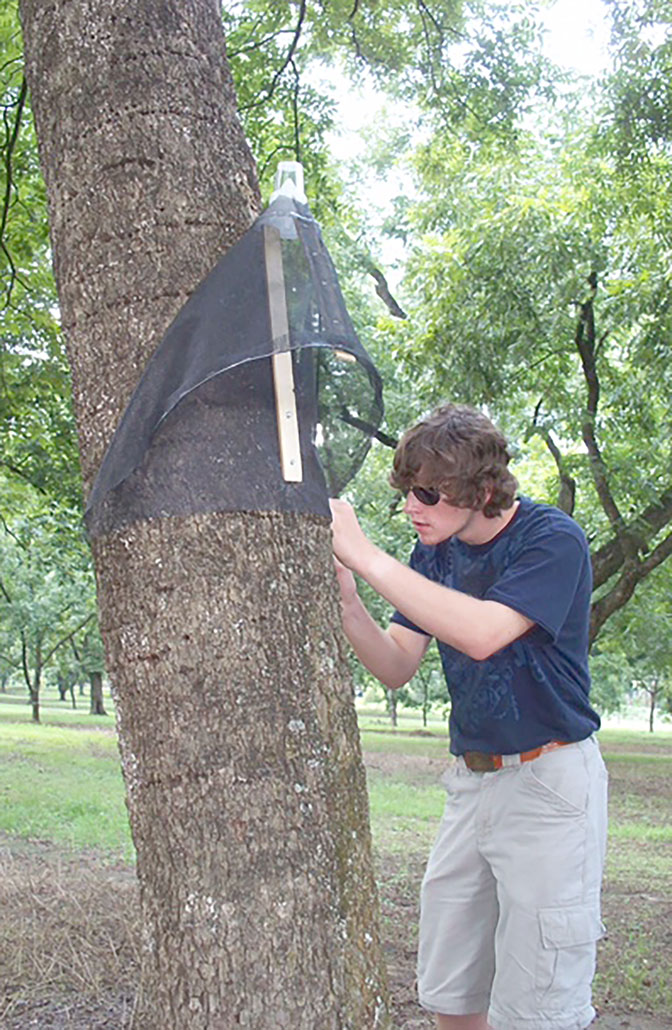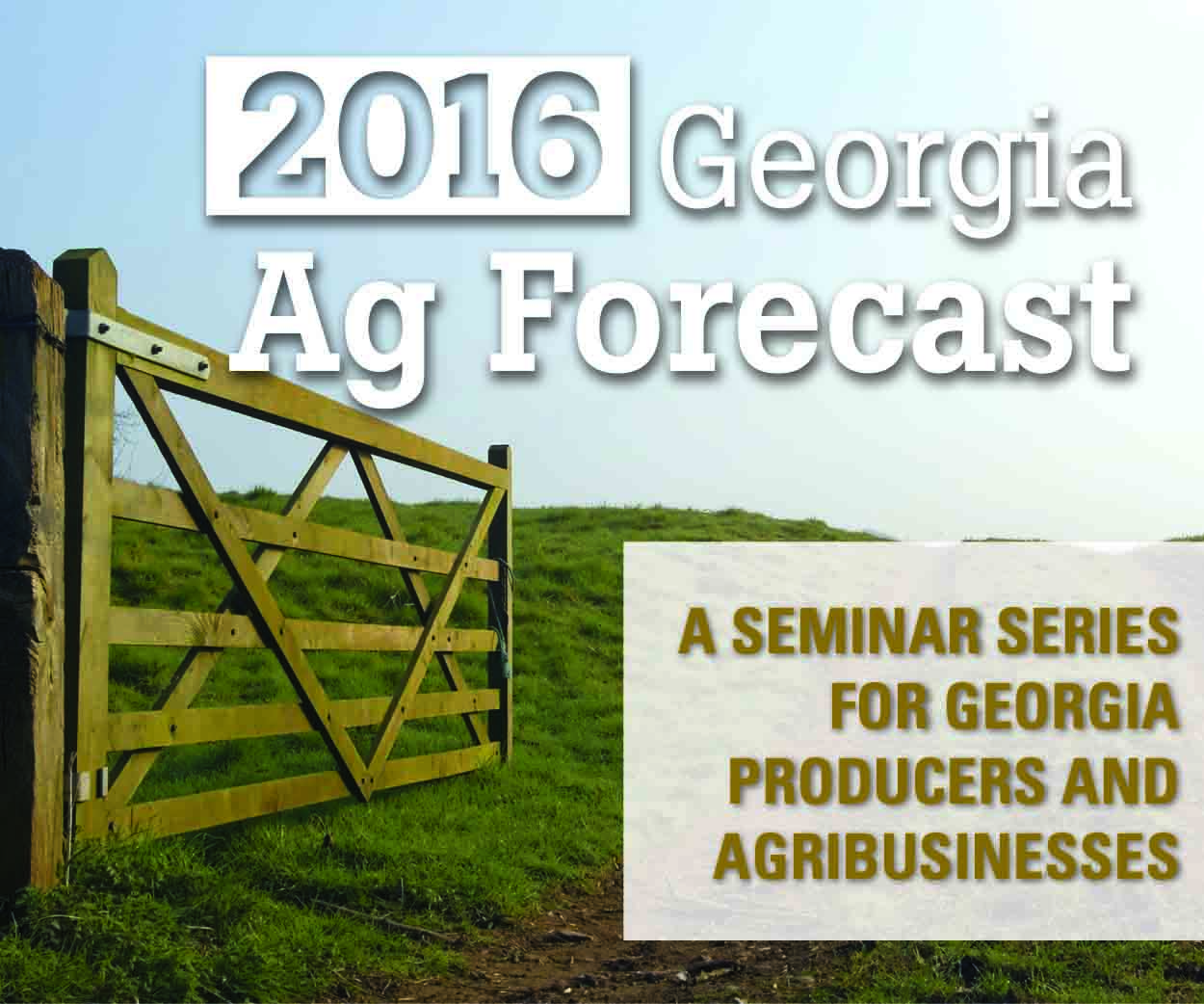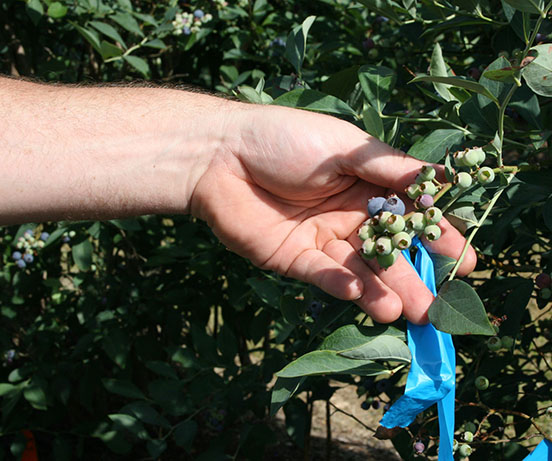 CAES News
CAES News
Warm Winter Blues
After ending 2015 with some record-breaking warm and wet weather, Georgia’s fruit and tree nut farmers are concerned that the lack of chill hours and soggy soil could damage their crops.

